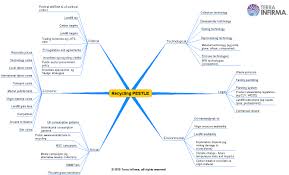
记忆方法
为了记忆单词“pestle”,可以将其与“pest”(害虫)结合,并想象一个害虫在捣鼓一个药粉(mulling over the powder)。这种荒谬的画面可以帮助你记住“pestle”(研钵)这个单词,因为研钵是用来磨碎东西,而“pestle”和“pest”在词源上有关联。
以上内容由AI生成, 仅供参考和借鉴
中文词源
pestle 杵,碾槌
来自拉丁语pistillum,杵,碾槌,来自pinsere,击打,粉碎,来自PIE*peis,击打,捣,词源同piste,piston.
英语词源
- pestle
-
pestle: see piston
- pestle (n.)
- mid-14c. (as a surname late 13c.), from Old French pestel, from Latin pistillum "pounder, pestle," related to pinsere "to pound," from PIE *pis-to-, suffixed form of root *peis- "to crush" (cognates: Sanskrit pinasti "pounds, crushes," pistah "anything ground, meal," Greek ptissein "to winnow," Old Church Slavonic pišo, pichati "to push, thrust, strike," pišenica "wheat," Russian pseno "millet").
权威例句
- 1. Using a pestle and mortar, pulverise the bran to a coarse powder.
- 用杵和臼,将麸皮磨成粗粉。
- 2. He ground the rock candy with a mortar and pestle.
- 他自己动手用研钵和杵把冰糖研成粉。
- 3. The pellet with the poison's in the vessel with the pestle?
- 带有毒药的小球放在带有杵的容器里?
- 4. Jin Yu: An iron pestle can be ground down to a needle.
- 锦玉: 只要功夫深,铁杵磨成针ㄓㄣ.
- 5. This glass is ground under water using pestle and mortar.
- 玻璃在水下被杵和臼碾压.